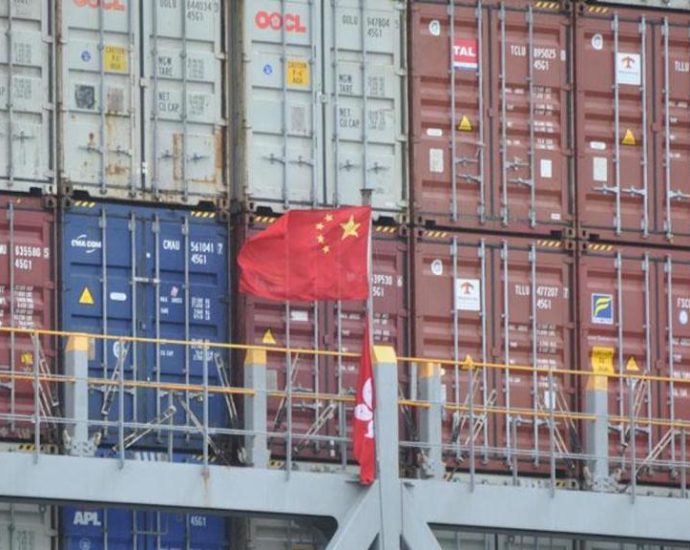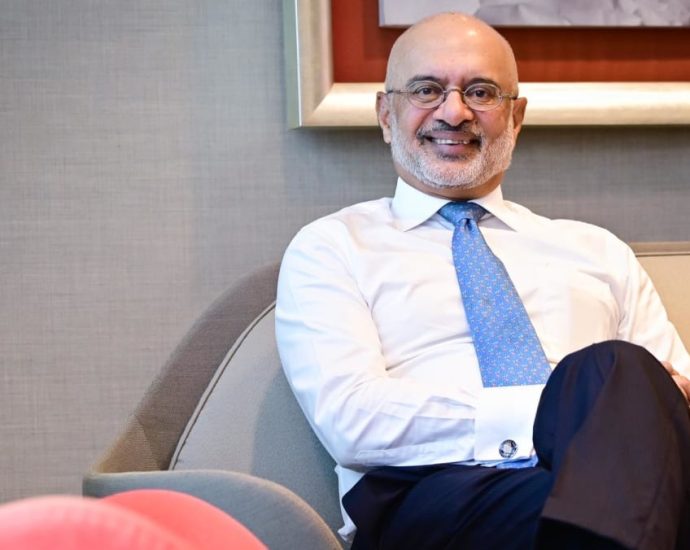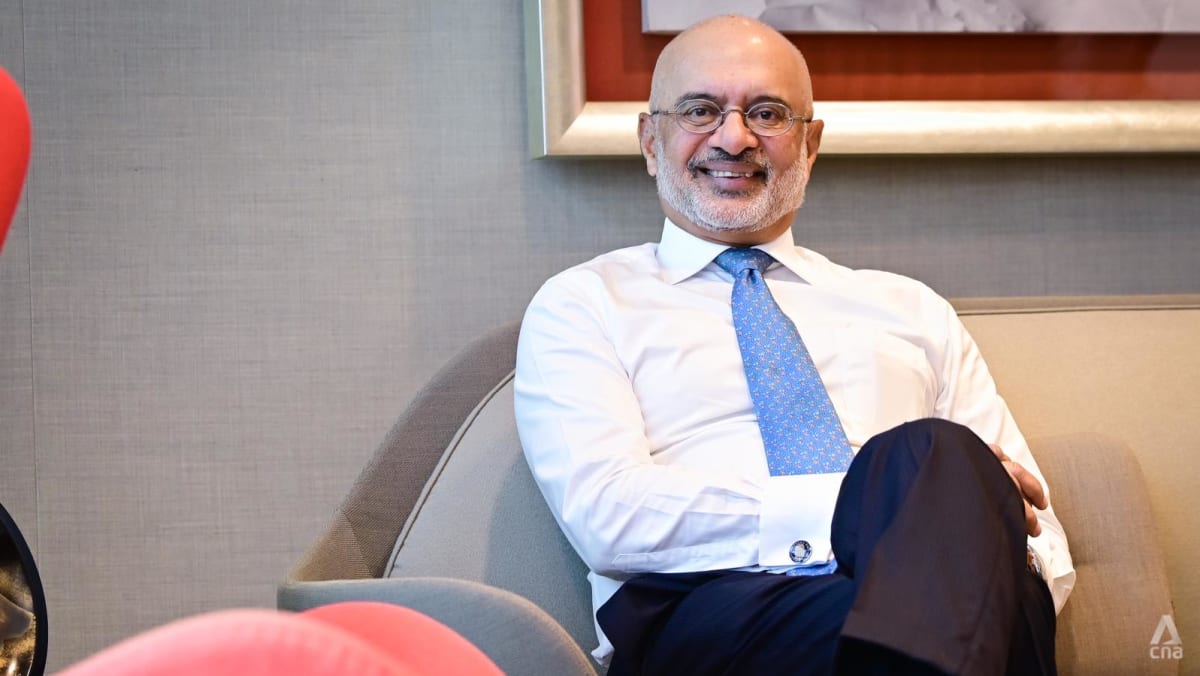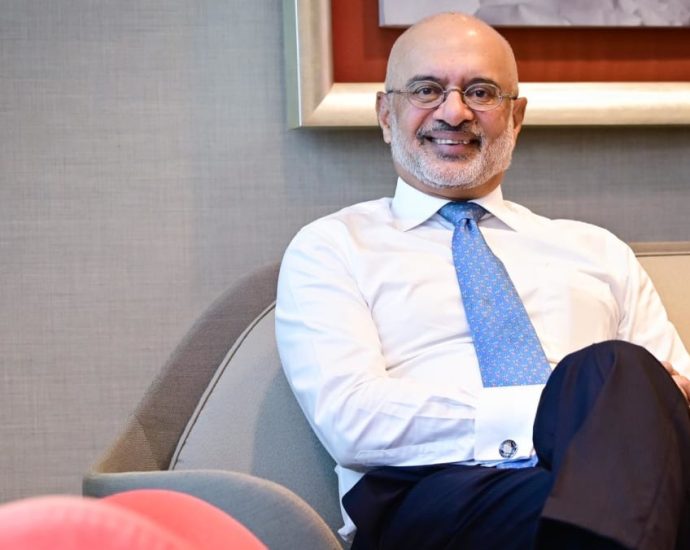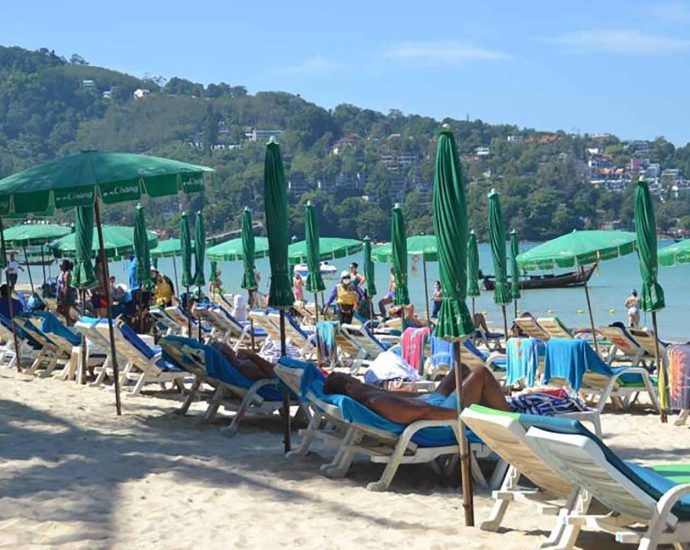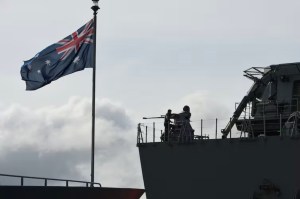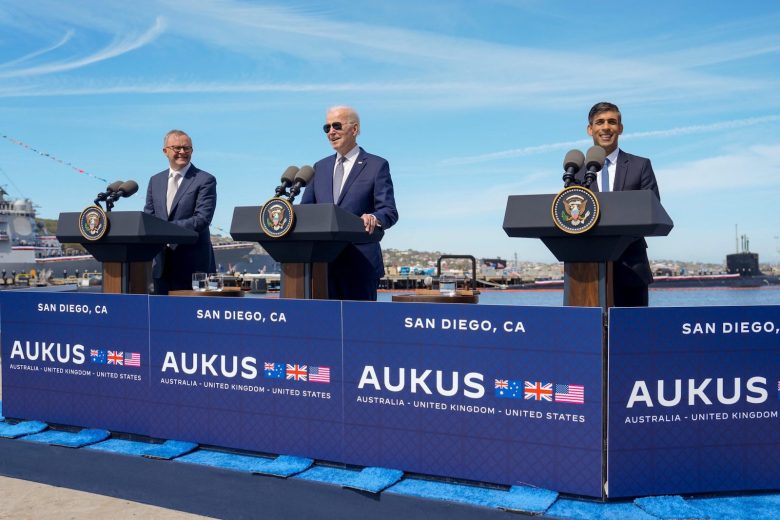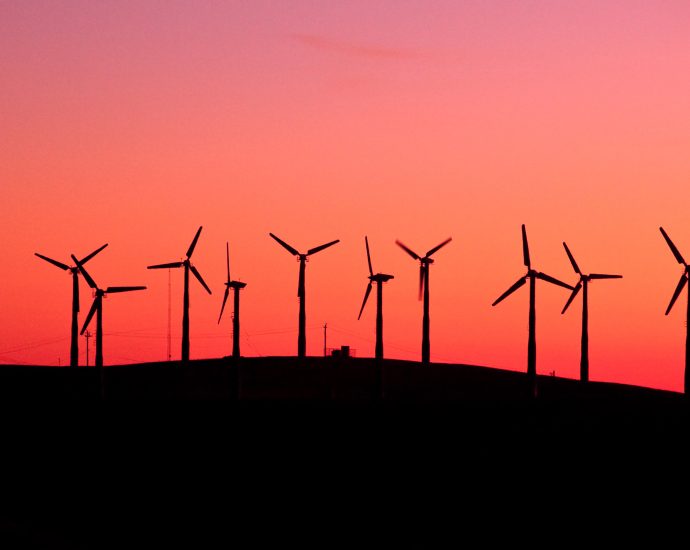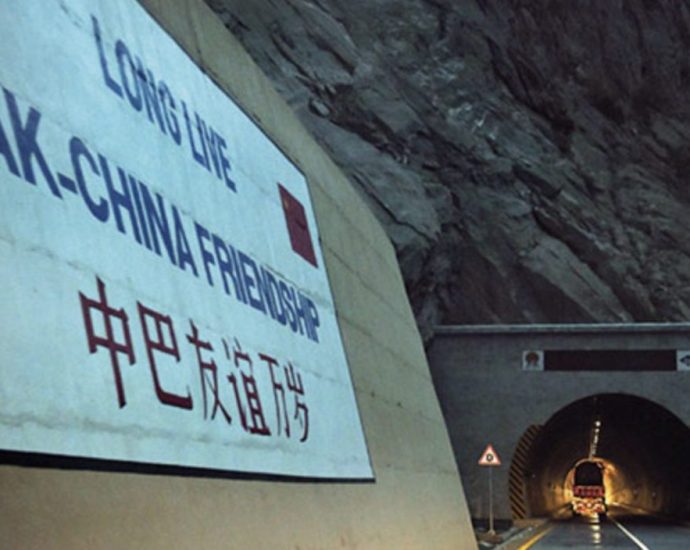Pavinâs book about monarchy banned in Thailand
Police chief warns of jail and fines for importing yet-to-be published title

A book about the monarchy written by academic-in-exile Pavin Chatchavalpongpun has been banned in Thailand for defaming the monarchy, according to a police announcement published in the Royal Gazette on Friday.
The announcement said the cover and contents of Rama X: The Thai Monarchy under King Vajiralongkorn reflected attitudes deemed insulting, defaming or displaying great malice towards the king, the queen, heir apparent or regent, or threatening national security, peace and order or public morality.
The announcement was signed Pol Gen Damrongsak Kittiprapas, the national police chief, on June 19, according to the Royal Gazette. It cited Section 10 of the Printing Recordation Act BE 2550 (2007) for banning the book.
Anyone who imports the book into Thailand is liable to a jail term of up to 3 years and/or a fine of up to 60,000 baht. The police chief had the authority to destroy the book, said the announcement, which takes effect immediately.
“My book has been banned despite the fact that nobody has read it,” Mr Pavin wrote on his Facebook page. “It will be on shelves in the United States in October and an e-book will also be available.”
Mr Pavin, 52, is a professor at Kyoto University and editor-in-chief of the Kyoto Review of Southeast Asia, published by the school’s Center for Southeast Asian Studies.
He worked for the Thai Ministry of Foreign Affairs for 13 years before becoming a political science academic. He has been an outspoken critic of the political establishment and pushed for reform of Section 112 of the Criminal Code, the lese-majesté law.
He moved to Japan in 2012 to take up his position at Kyoto University, but continued to comment regularly on Thai affairs for international publications.
After the 2014 military coup, he was ordered to report to authorities but he refused. The National Council for Peace and Order subsequently issued an arrest warrant for Mr Pavin but he declined to return to Thailand and has lived abroad ever since.


